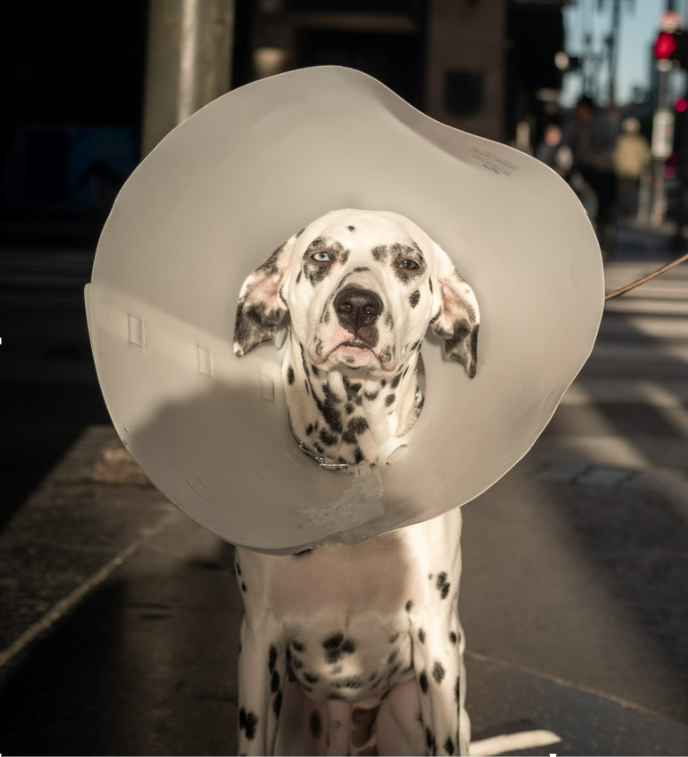
 Caring for an Injured Dog
Caring for an Injured Dog
Accidents can happen to anyone, including our furry friends. If your dog has recently suffered an injury, it's essential to provide them with the proper care and attention they need to recover quickly and comfortably. Here are some important steps to take when caring for an injured dog:
Before you can provide the necessary care, it's important to assess the seriousness of your dog's injury. If the injury appears severe, such as heavy bleeding, a broken bone, or difficulty breathing, it's crucial to seek immediate veterinary assistance. However, if the injury seems minor, you can proceed with caring for them at home.
If your dog has a minor injury that does not require professional attention, you can start by applying first aid. For cuts or scrapes, gentle cleaning with a mild antiseptic solution and the application of an antibiotic ointment can aid in preventing infection. Use a clean cloth or sterile gauze to lightly apply pressure and stop any bleeding if present.
For sprains or strains, it's important to restrict your dog's movement by keeping them calm and confining them to a small area to prevent exacerbation of the injury. Applying a cold compress wrapped in a cloth can also help reduce swelling and provide relief.
Remeber, it's critical to avoid human medications unless specifically instructed by a veterinarian, as certain substances can be toxic to dogs.
Injuries can cause pain and discomfort, so it's important to provide your dog with a comfortable space where they can rest and heal. Create a quiet and safe area for them, away from any loud noises or excessive activity. This will help them feel secure and reduce stress, allowing for a faster recovery.
Make sure to provide soft bedding and keep it clean to prevent any risk of infection. Ensure that the location is at a comfortable temperature, not too hot or too cold, as extreme temperatures can slow down the healing process.
Proper nutrition is essential for your dog's recovery. Speak to your veterinarian to determine if any dietary adjustments are needed to support their healing process. In some cases, specific supplements may be recommended to aid in the recovery of bones, muscles, or tissues.
Ensure that fresh water is always available for your dog, as it's crucial for their hydration and overall well-being.
If your veterinarian has prescribed medication for your dog's injury, it's essential to administer it as directed. Follow the instructions carefully, including dosage, frequency, and duration. If you have any concerns or observe any unusual side effects, reach out to your vet for guidance.
Keep a close eye on your dog's progress and watch for any changes in their behavior, appetite, or overall condition. If you notice any negative changes or if the injury doesn't improve, consult your veterinarian as soon as possible.
Attending follow-up appointments with your vet is crucial to ensure that your dog's recovery is on track. They may need to reassess the injury, make any necessary adjustments to the treatment plan, or even provide additional care.
Remember, as your dog's caregiver, it's important to provide them with love, patience, and reassurance during this challenging time. By following these steps and seeking professional help when necessary, you can help your injured dog on their road to recovery.